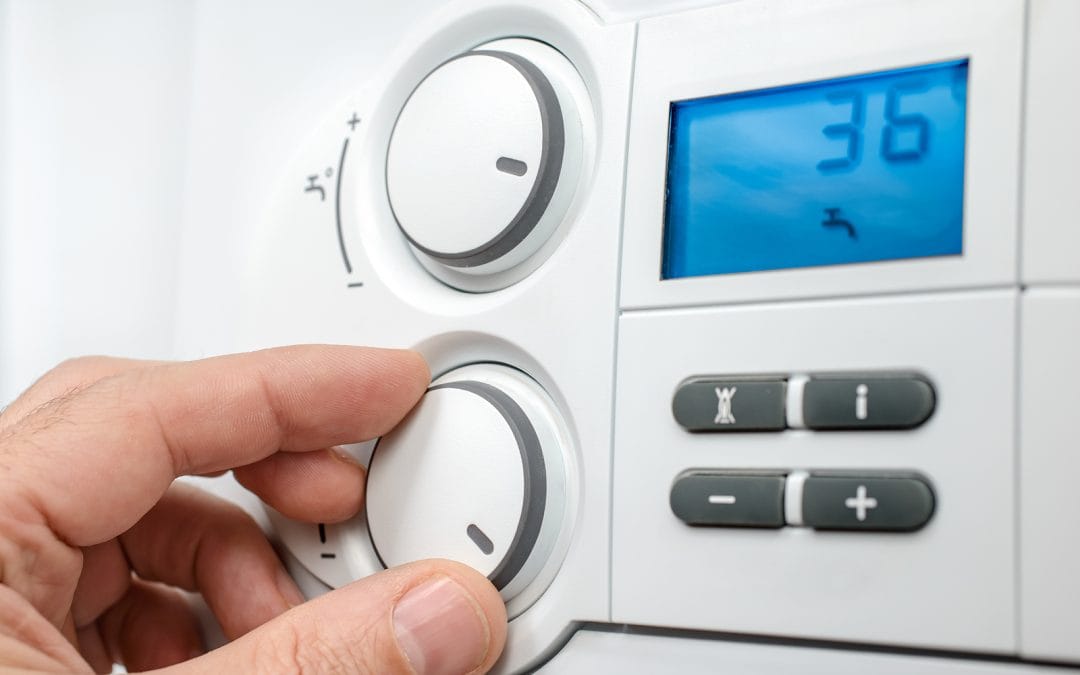A house’s heating system is one of the most critical parts of the house as a whole, not just for everyone living in it but often for the preservation of the building itself, choosing the right boiler to install, as well as whether to stick with an old one or try something new are all big decisions.
Part of the reason why discussions surrounding boiler tax, planning applications, grants and the other disruptions that surround heating installations are not only taken very seriously but with an extreme level of passion is because they are often framed as a binary decision.
If you want to keep your boiler, so many of the debates seem to go, then you need to abandon the energy efficiency benefits of alternative heat sources. Conversely, the concern for many homeowners is not necessarily about installing a heat pump but ripping out a boiler, particularly one with many more good years ahead of it.
Is this entirely true, or is it possible to have a hybrid heating system that provides, at least for now, the best of both worlds?
What Is A Hybrid System?
A hybrid heating system, also known as a hybrid heat pump, is the combination of a heat pump (either air or ground source depending on your local area) and another heat source, almost always some kind of boiler.
Whilst this is often a new boiler as most decisions regarding new heating systems will surround a new installation, a hybrid system can often be installed to an existing boiler. This should always, however, be confirmed with a Gas Safe engineer and installer.
The core principle, however, is that a home has two heating systems that essentially “talk” to each other and determine based on tariffs and heating demand whether it is better to rely solely on a heat pump or to use a boiler in combination with it to maximise efficiency.
There are a few configurations for hybrid systems, and which options are available to a given homeowner will depend on their home, heating needs, fuel and electricity costs.
Typically, the two main methods of operation are either a parallel system or a top-up system. Both systems have their advantages for different homeowners.
A parallel system means that the heat pump works exclusively as a central heating source to power underfloor heating or radiators, whilst a boiler only provides hot water, and thus only turns on if the hot water tap is turned on.
The alternative system primarily uses heat pumps whenever it is most efficient and most affordable to do so, but will defer to the boiler in particularly cold weather or when gas prices are low enough to make it the best possible solution.
A hybrid system can also be connected to solar power or solar heating, to further save on heating bills.
Is It The Best Option?
The future of heating will not necessarily be a one-size-fits-all solution, as gas boilers were decades ago, but will consist of a range of solutions for which hybrid heating will be the best for some people.
If a home is suitable for a heat pump, it is most likely going to be suitable for a hybrid system, given that the vast majority of homes already have a boiler and accompanying pipework. The only exception is in rare cases where a home cannot fit both the external heat pump unit and a boiler.
In some respects, it is the ultimate hedge. If your boiler is good for several more years but you want to consider a heat pump for the environmental and cost savings, then this is a way to do so without losing your existing boiler and reducing your gas bills straight away.
It could potentially allow for a homeowner to switch the hybrid part of their system from fossil gas to hydrogen gas, once 100% hydrogen-ready boilers hit the market. At present, any recent boiler will be able to safely use a 20% hydrogen blend.
However, one extremely important caveat is that a hybrid system will not qualify for the Boiler Upgrade Scheme, which can reduce the price of heat pumps by as much as £7500 and has led to a significant uptick in interest in alternative heating systems.
As well as this, if you need to replace the boiler and install a heat pump at the same time, it can have an expensive upfront cost, but this is typically tempered by long-term energy savings, particularly as green energy becomes more affordable.

